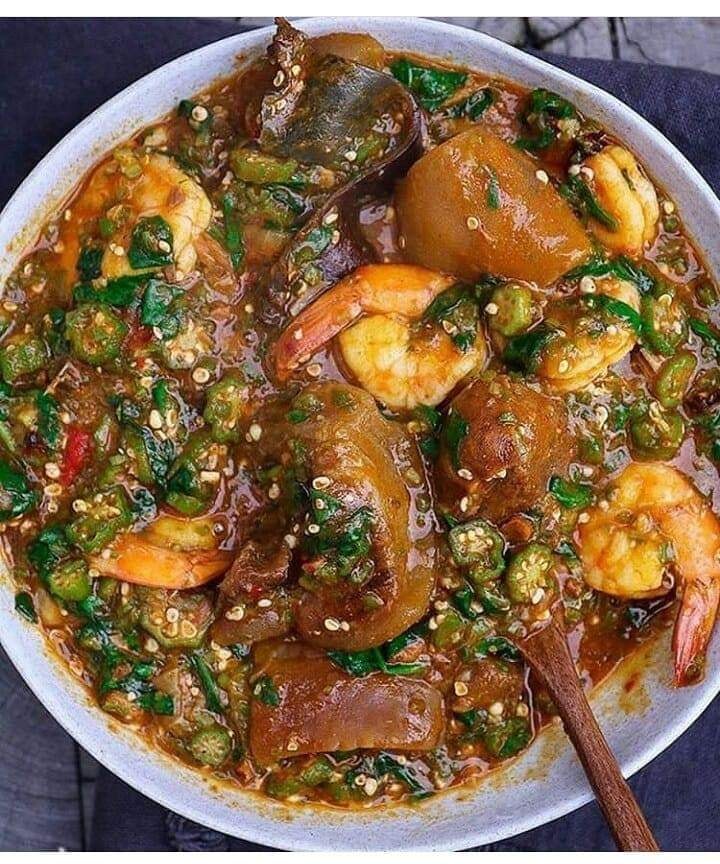What is the history of the Jarawa (Afizere) language?
The history of Jarawa will not be complete without verifying the two Jarawas. i.e the Jarawa that are in Plateau State Nigeria and the Jarawas in Andaman Island. Though the exact origin of the Jarawa is unknown up till now, many believed that they came from the Sudan. Some theories believed that the Jarawa in Plateau State Nigeria migrated from the Sudan while the Jarawa in Andaman Island migrated from Africa. They inhabit parts of the Middle Andaman and South Andaman Islands. The region is characterized by dense forests, mangroves, and pristine beaches, providing a rich habitat.
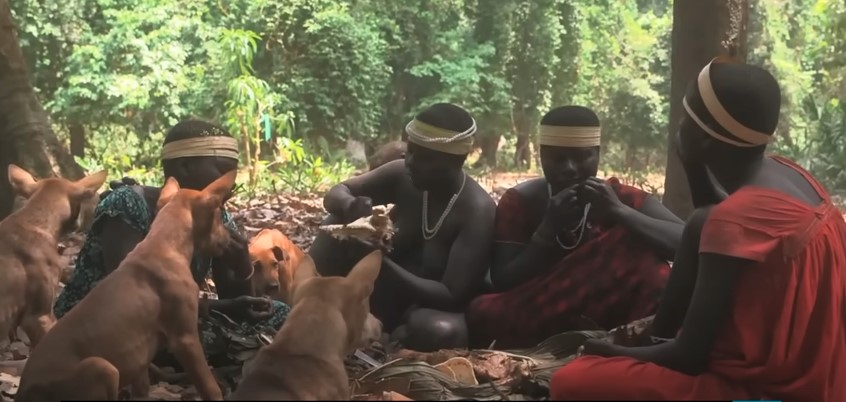
With some believed that they are regarded as descendants of the Jangil tribe, which is now extinct. Some also believed that the ancestors of the Jarawa in the Island were part of the first successful human migrations out of Africa who travelled from Africa during the Ice Age and were isolated on the Andaman Islands at the end of that geological period. Although it is illegal to take photos in the Jarawa reserve there in the Island. Photos and videos of the Jarawa are now available on the Internet and are sold in markets by those who found themselves there.
There has been campaign to educate the world about the Jarawa people and put pressure on Indian authorities to protect them from extinction. That makes it more interesting with many people eager to visit the Jarawas which has become a tourist center for many and the authority has limited people access to the Island.
Also Read: THE HISTORY OF GBAGYI PEOPLE
The Jarawa (Afizarek or Afizere, exonym: Jarawa) are also an ethnic group in Nigeria that occupy Jos East, Jos North, parts of Jos South and Mangu Local Government Areas of Plateau State and parts of Toro, Dass and Tafawa Balewa Local Government Areas of Bauchi State and Jema’a LGA of Kaduna State Nigeria.
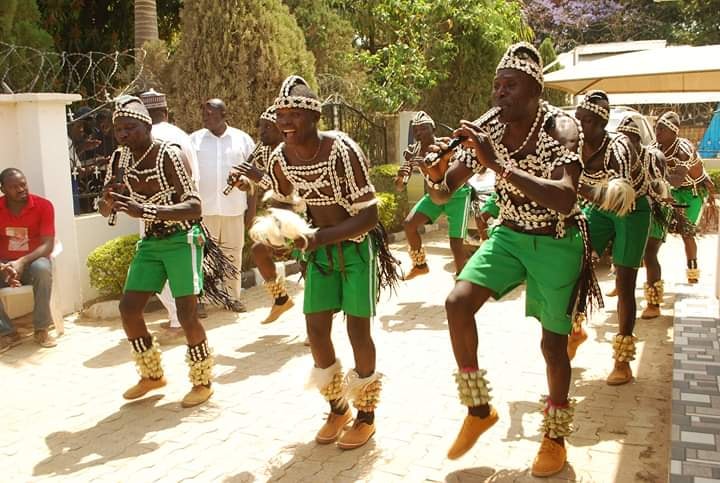
The Jarawa in Indian Andaman Island
The Jarawa language descends from a parent language known as Proto-Andamanese. There are doubt whether the Andamanese still exist, but from within this wide range, little Andamanese also evolved. Such as Onge, Jarawa, and presumably Sentinelese all branched off little Andamanese, thus sharing similar characteristics in culture and language and the way they co-exist.
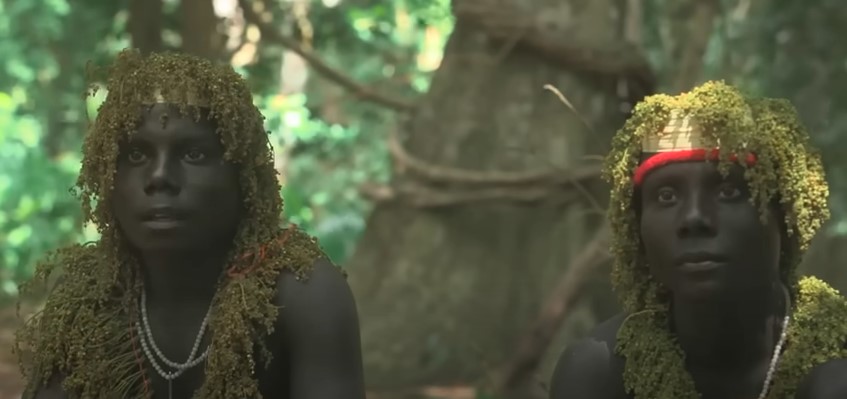
Jarawa, is a tribe believed to be an indigenous group in the Andaman Islands, India that lived there for over 50,000 years ago. They are descendants of the Jangil tribe, and their ancestors were part of the early human migrations out of Africa, according to some scholars. The Jarawa are one of the few remaining hunter-gatherer tribes in the world, and their nomadic lifestyle reflects a Paleolithic way of life. Their existence on the planet earth has a long history.
The Jarawa (Afizere) from Nigeria
The named “Jarawa” in Nigeria means “People of the river” and in Nigeria, they also refer to Jarawa as Afizere people, which means “river dwellers”.
The history of Jarawa in Nigeria cannot be complete without the name “YALAM.”
Yalam is said to be a courageous leader of the Jarawa nation who migrated from political unrest around Bornu-Chad region during the regime of Shehu Ali Ghaji and settled in Kaltungo area of present-day Gombe State in the 17th century before moving to Chawai region in the present-day Kaduna State Nigeria. And from there they spread to the other parts of Plateau and Bauchi states. Which we now have the “Jarawan Dutse” and “Jarawan Kasa,” Hill and Plain Jarawa; for the hill-state of Dass was founded by a small band of Plain Jarawa.
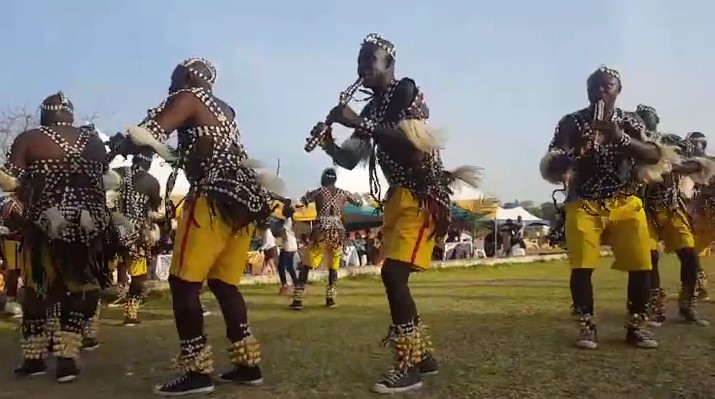
Like most of the people then lived in the hilly surrounded areas during the pre-colonial period, the Jarawa (Afizere) also live on hills in defense mechanism against jihadist attacks during and after the Fulani Jihad. Jarawa are mostly found in hilly surrounded areas wherever they are.
Religion
Christianity came to Jarawa (Afizere) land by the way of Sudan Interior Mission preachers who converted some Jarawa individuals who later acted as agents of dispersion of the religion. Islam came to the region after the Fulani jihad when part of Afizere territory came under the authority of the Emir of Bauchi. These are the two major religions among the Afizere but some Afizere still choose to adhere to their traditional beliefs and deity called Adakunom meaning father of the sun who is considered the creator and source of life and health. A few minor gods exist to act as mediators to Adakunom. Father of the sun is the literal translation of Adakunom but can be translated as “father, the sun” or “mighty sun” (the almighty sun). There are also spirits or witches who are the source of both good and evil to help and harm.
Jarawa also believed in the existence of local spirits who concerned themselves with the welfare of mankind through their supernatural powers Some of the spirits – Red or White were benevolently disposed towards humans and were described as “Itseng Iseng” (that is red spirits) while those called Afere’ were black spirits and are of ill repute hence were feared.
Other category of spirits was the souls of the ancestors and the dead generally. These souls which were superior to those of the living, being directly in touch the sources of divine power, were referred intermediaries of the living; nevertheless, they were somewhat described as dangerous allies in that while they protected the terrestrial members of the family, they also punish wrong doing without any compromise whatsoever.
Culture
Most of the African tribes celebrates their cultures in style. They are doing that to avoid the disappearing of their culture and that will lead to gradual disappearing of their tribe. Agwom is the chief and also served as the chief priest of the people. While Agwong Kuwop is regarded as Chief Priest then Atsi is the Priest. They are good at Music and dance, Storytelling, Craftsmanship (wood carving, pottery, and weaving).
Jarawa Food
Their staple food is “tuwo” (made from maize or guinea corn flour) served with “miyan kubewa” (okro). They also enjoy “Akarek” (a thick porridge made from maize flour) and “kuka” (a sauce made from baobab leaves).
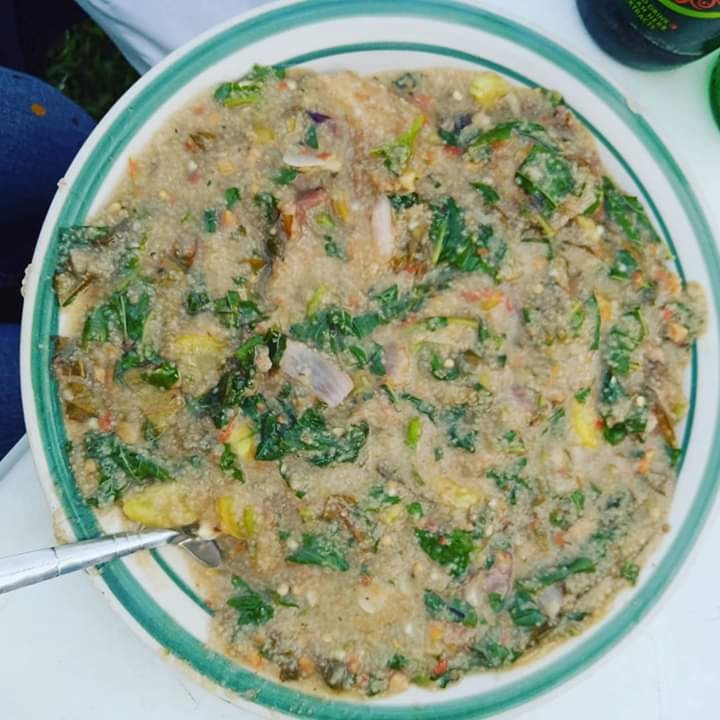
Other Jarawa foods are Ikam Itson, Akpam, Rining Kapkok, Iririr, Nakan, Ishutuk, Asirik Ariron, Asirik itcha, etc.
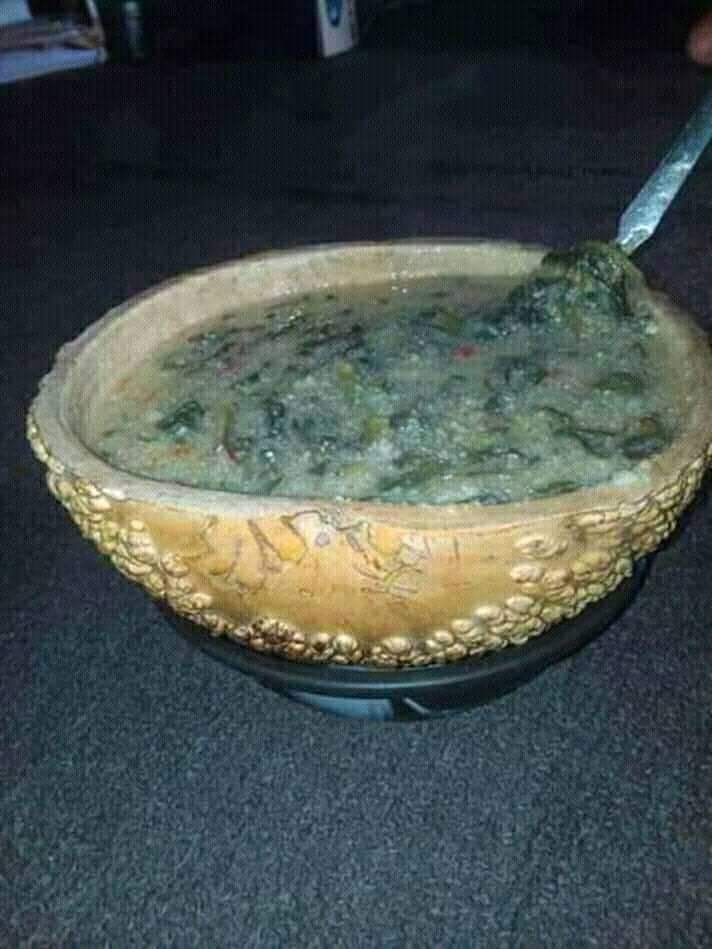
Jarawa Attires
Like most of the African tribe, Jarawa in Nigeria have their attire consisting of four colors. They are: Green [naya] signifies agriculture, White [cha’an] signifies peace, Yellow [izizere] signifies the language, Black [aga’ab] signifies strength and Cowries [icribi] signifies wealth. The attire is shown below.
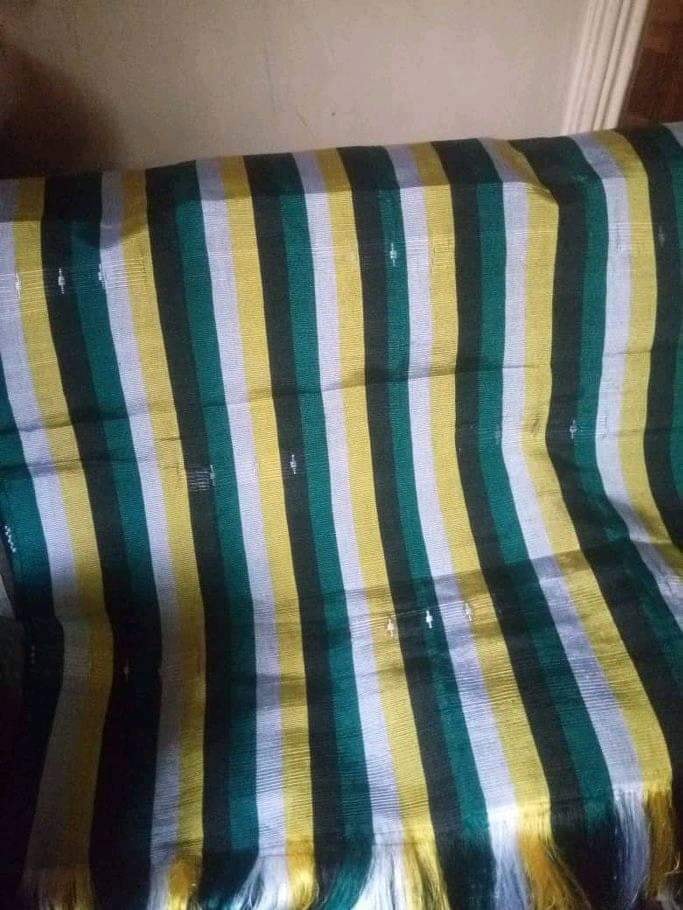
Dressing
Men: Wear a flowing white robe with intricate embroidery, a red cap, and carry a long wooden staff.
Women: Wear a colorful wrapper, a white blouse, and adorn themselves with beads and cowry shells.
-Asharuwa: An interesting dance for men. Respected all over the world.
Festival
The Jarawa people have a rich tradition of cultural festivals. These festivals, which include the “Afizere Cultural Festival,” which is celebrated yearly, feature elaborate dances, rituals, and displays of costumes and musical instruments. They also have other festivals like “Kerewa” festival during harvest season and “Akarawa” festival, at the beginning of the farming season.
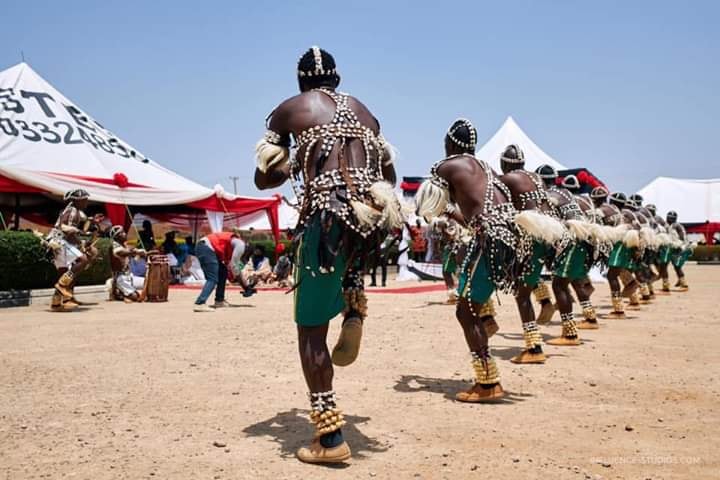
Jarawa Character
The Jarawa people are known for their: Hospitality, Respect for elders, Strong farming skills, Rich cultural heritage.
Here are some little names and their meaning in Jarawa
1. Abok = Physician
2. Adar = Star
3. Afan = Rest
4. Agwom = Ruler of people
5. Ajang/Azhang = Defender
6. Itse = A strong man
7. Atsen = A visitor
8. Arum = A prosperous man
9. Atu = A black Smith
10. Atsi = A priest
11. Abi= Long awaited female child
12. Igbarak= A tower
13. Azong = I ask
14. Ayisa = Born during isaah festival
15. Ayong = What have been expected
16. Akare = clean
17. Akuben =Good seed
18. Akutse = Blessing of God
19. Ikok = A protector or unite together
20. Ayom = Born during Mourning period
21. Isha = A player or dancer
22. Adang = Patience
23. Sati = Person that sees spirituality
24. Azhik = Handsome
25. Kaze = The only one
26. Arin = Not to miss again
27. Igyem = A person with wisdom
28. Azok = A unique
29. Agok/Itsegok = Double fruitful
30. Inyam = Good for fortune
31. Akassa = Sharing equally.
32. Atang = The best shooter
33. Izang = Victorious
34. Afe = To say something
35. Azhi or Aizhi = 1st born or my heart desire
36. Azi = Un-ended/uncountable
37. Ido = Miracle or surprise
38. Adubok = An expert on future issue
39. Ashom = Prophesy
40. Anap = Born after male child or festival renap
41. Atong = Born after many male children
42. Anya = Born with identification mark
43. Abi = Long awaited female child
44. Akutsang = Good company out with strength
46. Atako = To have strong faith as rock
47. Adizha = Good seed choose
48. Asang = I was barren or I have no body
49. Ado/Adado = Gradually reducing naturally
50. Amaji = First born of the famil
JARAWA EXPRESSIONS FOR THIS WEEK THAT CAN PASS ON FOR NAMES.
Aroriyẹ – The merciful; The merciful God.
Kuyiik – Glory; Honour; Might, Exaltation; Glorification.
Tiyiik – Glorify; Exalt.
Tiyiikkunom – Glorify or Exalt God.
Kuzarap – Prophecy (M)
Kuzarapkunom – Prophecy of God (M)
Minsẹgap – (pronounce Minseigap) I have found strength.
Minsẹkushim – I have found love.
Marriage in Jarawa (Afizere)
In Jarawa traditional marriage, also known as “Igbeyawo Ibile” or “Traditional Wedding,” the process involves formal introductions, family background checks, dowry negotiations, and a traditional ceremony. The bride’s family and groom’s family participate in the preparations and rituals leading up to the marriage.
Here’s a more detailed breakdown:
1. Initial Introduction and Family Checks: The process begins with the groom’s family making an initial visit to the bride’s family after he has seen a woman he like and he is in love with her. This is followed by a more formal introduction where both families meet and learn about each other. The groom’s family may conduct background checks on the bride and her family. Because no one want to bring shame to the family and no one want to have a disappointment as son-inlaw.
You Can Also Read: The History Of Idoma
2. Bridal List and Dowry Negotiations: The groom’s family provides the bride’s family with a list of items needed for the wedding, known as the bridal list which is given in many Africans when you want to marry a woman. The dowry, or “Ego Isi Nwanyi,” is also negotiated at this stage.
3. Traditional Marriage Ceremony: The traditional wedding ceremony, or “Igba Nkwụ,” takes place at the bride’s house. The groom’s family brings the agreed-upon items from the bridal list. The ceremony may include rituals, prayers, and blessings. This is the formal testament that the lady has been betrothed. At this stage, before the advent of Christian, you can take her home as your wife. Now, you have to go to church for the knot to be finally tight.
4. Post-Ceremony: The newly married couple is then officially recognized within both families. The bride and groom’s families often distribute gifts to neighbors and friends to join them in the celebration.
Now, you know the different of the two Jarawas. The different is clear. They are both called Jarawa and they didn’t speak the same language for now due to their adaptation of the Hindu by the Jarawa in Andaman Island. But they are black in complexity. Maybe they stick to be called Jarawa because of their origin traced to Africa.
Hope Jarawa (Afizere) story is captivating to you? Try and visit the Jarawa in Nigeria and see for yourself. If possible, marry from there or recommend for someone. This post is trying to avoid tribal sentiment and bring us all together as one human being irrespective of our location or race or complexity.
